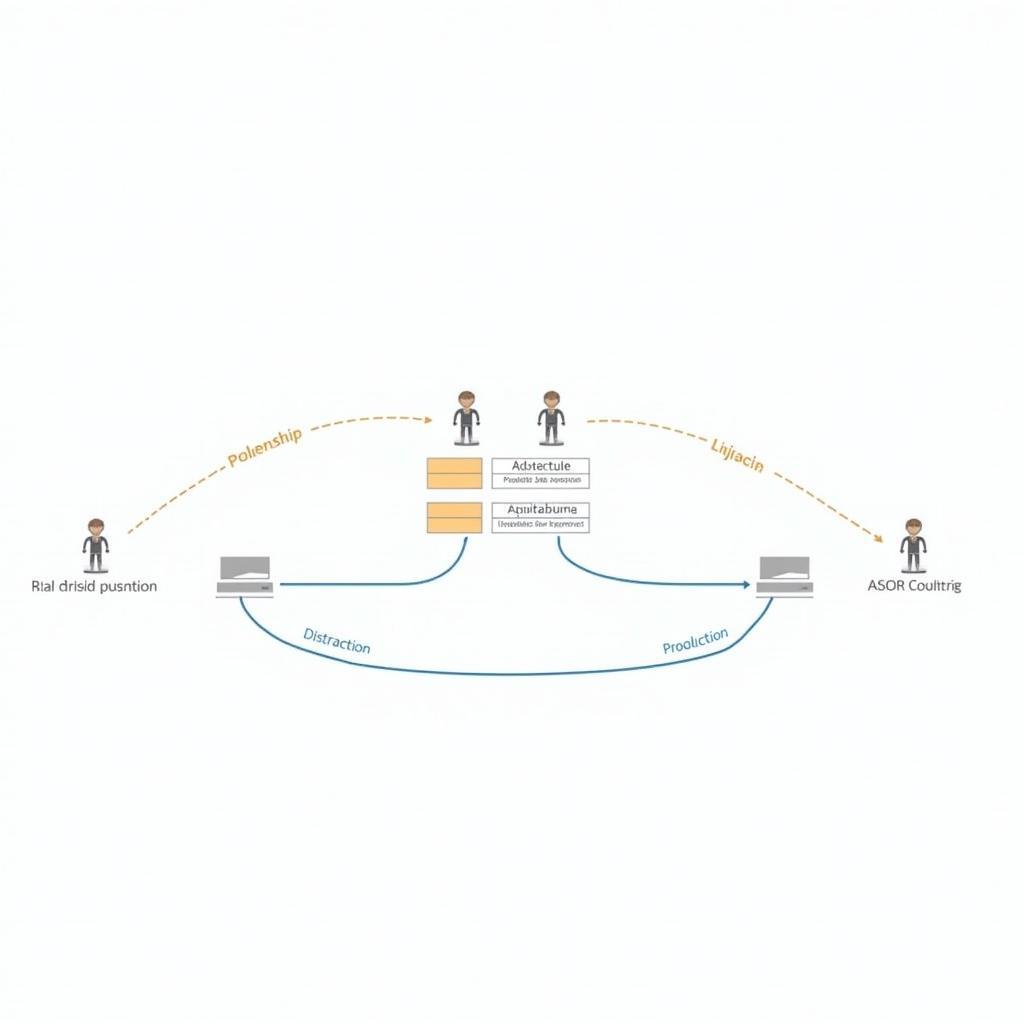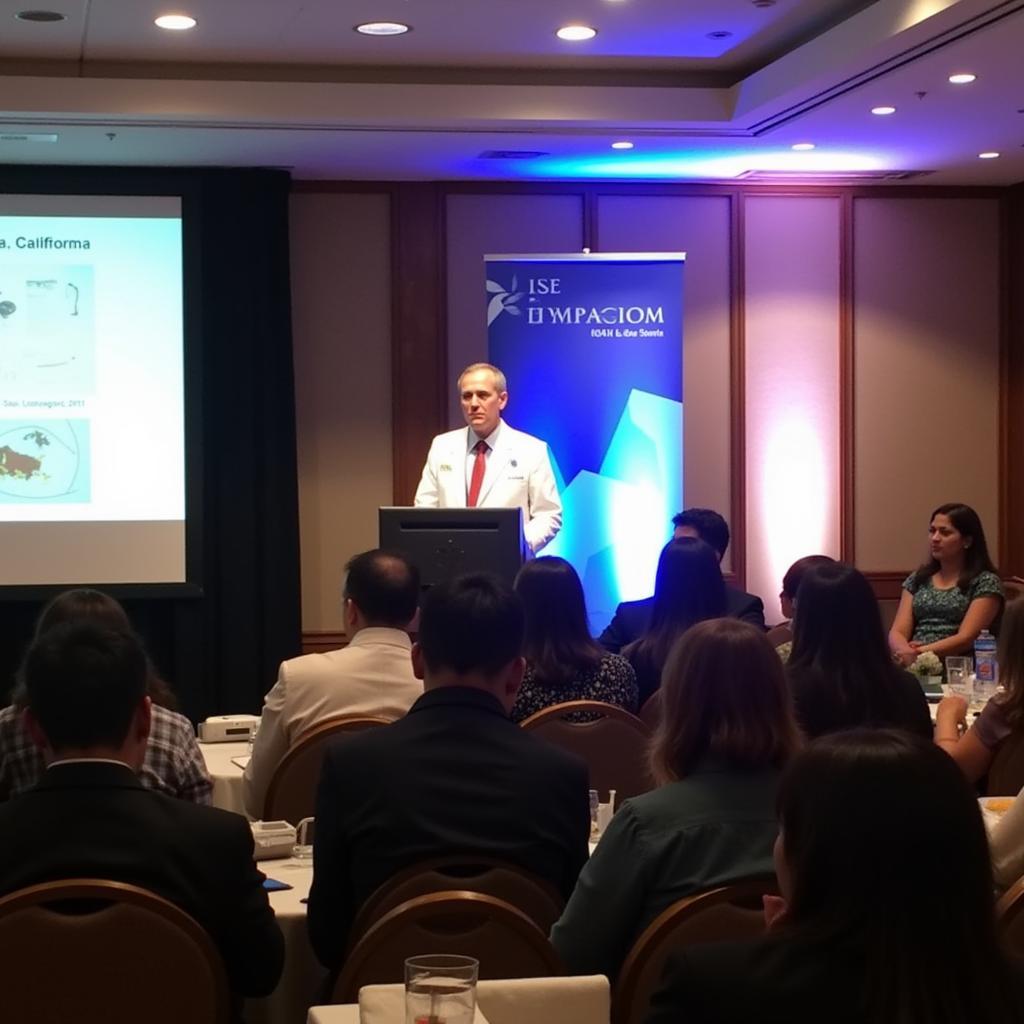ASEAN CMWS, or the ASEAN Committee on Migrant Workers, plays a crucial role in protecting and promoting the rights of migrant workers within the Southeast Asian region. This committee addresses the challenges and opportunities presented by labor migration, striving to create a fair and ethical environment for all involved. From policy development to information sharing, the ASEAN CMWS tackles complex issues to ensure a better future for migrant workers and the region as a whole.
The Importance of ASEAN CMWS in Southeast Asia
The ASEAN CMWS serves as a vital platform for collaboration between member states, fostering dialogue and cooperation on migrant worker issues. The committee works diligently to improve the lives of millions of migrant workers contributing significantly to the economies of Southeast Asian nations. By addressing issues such as human trafficking, exploitation, and access to basic services, the ASEAN CMWS aims to create a more just and equitable labor migration system. This is essential for the sustainable development and prosperity of the entire region.
Key Functions of the ASEAN CMWS
The ASEAN CMWS undertakes a wide range of activities to achieve its objectives. These include:
- Developing regional guidelines and policies for the protection of migrant workers.
- Promoting information sharing and best practices among member states.
- Facilitating dialogue and cooperation between governments, employers, and civil society organizations.
- Conducting research and studies on migration trends and challenges.
- Raising awareness about the rights and responsibilities of migrant workers.
Addressing the Challenges Faced by Migrant Workers
Migrant workers in Southeast Asia often face numerous challenges, including:
- Exploitation and abuse: Many migrant workers are vulnerable to exploitation by unscrupulous employers, often working long hours for low wages in hazardous conditions.
- Lack of access to basic services: Migrant workers may struggle to access healthcare, education, and other essential services.
- Discrimination and xenophobia: Migrant workers can face discrimination and prejudice based on their nationality or ethnicity.
- Human trafficking: Some migrant workers are victims of human trafficking, forced into labor or other forms of exploitation.
The ASEAN CMWS actively works to address these challenges through policy development, capacity building, and regional cooperation.
How ASEAN CMWS Promotes Fair Migration
The ASEAN CMWS plays a critical role in promoting fair migration practices within Southeast Asia. By establishing regional standards and guidelines, the committee encourages member states to adopt policies that protect the rights of migrant workers and ensure ethical recruitment processes. This includes measures to combat forced labor, promote decent work conditions, and facilitate access to justice and legal remedies for migrant workers.
Collaborative Efforts and Initiatives
The ASEAN CMWS collaborates with various international organizations, including the International Labour Organization (ILO) and the International Organization for Migration (IOM), to strengthen its efforts in protecting migrant workers. These partnerships help to share knowledge, expertise, and resources, enabling the committee to develop more effective strategies and programs. For example, joint initiatives focus on pre-departure orientation programs for migrant workers, training for government officials on migration management, and the development of regional mechanisms for complaint resolution and redress.
The Impact of ASEAN CMWS on Regional Development
The work of the ASEAN CMWS contributes significantly to regional development in several ways. By ensuring fair and ethical labor migration practices, the committee helps to promote economic growth and stability. Protecting migrant workers’ rights also fosters social cohesion and reduces the potential for conflict. Furthermore, by addressing issues such as human trafficking and forced labor, the ASEAN CMWS contributes to a more just and equitable society for all.
Conclusion: The Future of ASEAN CMWS
The ASEAN CMWS has made considerable progress in protecting and promoting the rights of migrant workers in Southeast Asia. However, challenges remain, and the committee must continue to adapt to the evolving landscape of labor migration. By strengthening regional cooperation, promoting dialogue, and developing innovative solutions, the ASEAN CMWS can ensure a brighter future for migrant workers and contribute to the sustainable development of the region. ASEAN CMWS is a vital force for positive change in Southeast Asia.
FAQ
- What does ASEAN CMWS stand for? ASEAN Committee on Migrant Workers.
- What is the main goal of ASEAN CMWS? To protect and promote the rights of migrant workers in Southeast Asia.
- How does ASEAN CMWS achieve its goals? Through policy development, regional cooperation, and capacity building.
- Who are the stakeholders involved in ASEAN CMWS? Governments, employers, civil society organizations, and international organizations.
- What are some of the challenges faced by migrant workers in Southeast Asia? Exploitation, lack of access to basic services, discrimination, and human trafficking.
Need further assistance? Contact us: Phone: 0369020373, Email: [email protected] or visit our office at Thon Ngoc Lien, Hiep Hoa, Bac Giang, Vietnam. We have a 24/7 customer service team.

